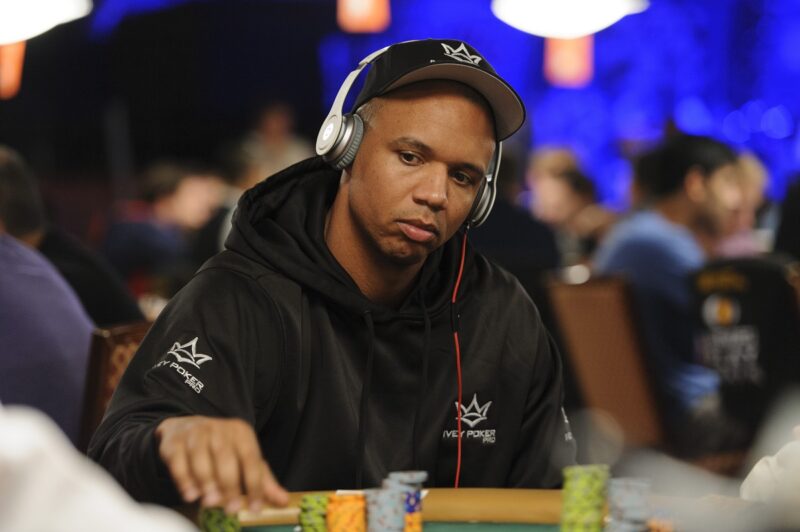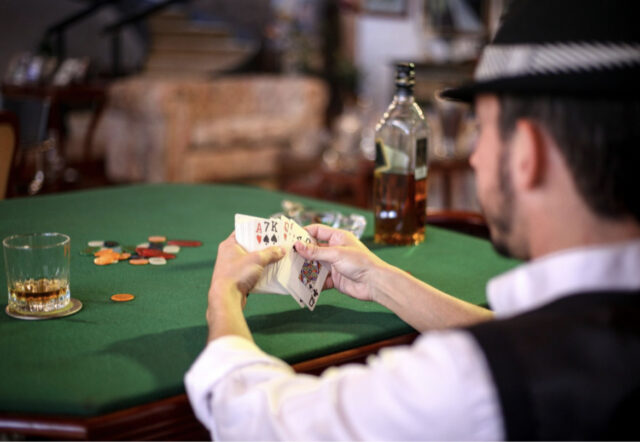Heavy recreational gambling has been shown to have significant psychosocial effects on the brain. In other words, gambling is seriously risking something of value in the hope of winning something of value. This can spiral into a complex interaction between reward, risk, and emotional response.
Gambling, psychologically activates the reward system in the brain. A person’s brain releases dopamine, a chemical linked to pleasure and reward when they win at gambling. This release can induce pleasure and produce a sensation that some people refer to as a “high.”
Due to the unpredictability and wide range in size of the rewards, gambling might exacerbate this emotion.
Explore the thrilling world of online gambling at (https://www.betamo.com), where excitement meets sophistication. As you immerse yourself in the casino experience, discover the secrets of maintaining composure under pressure with our insights into how to stay cool under pressure.
Connection of Gambling and Stress

Contrastingly, gambling can significantly trigger stress responses in the brain, a phenomenon that is both intricate and impactful. This reaction stems from the brain’s natural processes for interpreting reward, risk, and uncertainty.
As mentioned above, participating in gambling is equal to taking on a risk and engaging in an unpredictable activity. The human brain is extremely aware of these kinds of situations, particularly the amygdala and other stress-related regions.
In normal cases, these brain regions assist a person in reacting to dangers or difficulties by triggering the stress reaction, sometimes known as the “fight or flight” response, in the body. Stress chemicals like cortisol and adrenaline are released during this reaction.
Every wager or risk taken in gambling can lead to stress. The brain may become more alert due to the uncertainty of the outcome (win or lose) and the excitement surrounding it. This stress is increased by the bet’s emotional and financial stakes.
This elevated stress can become chronic for a gambler, especially for those who gamble frequently or compulsively. The stress response in the brain can be chronically activated, which can have several negative effects.
First of all, it may result in a change in hormone balance, which may have an impact on behavior, mood, and general mental health. Excessive gamblers may suffer from chronic stress related to anxiety, irritability, or depression.
Psychological and Physiological Effects of Gambling Pressure
It’s safe to say that gamblers are vulnerable to the negative effects of pressure on their behavior, judgment, and general mental health. Pressure from gambling can have a variety of effects, including psychological and physiological ones. Here are some of them:
- Impaired Decision-Making: Gamblers may find it difficult to make logical decisions when under duress, particularly when substantial sums of money are involved. High-pressure situations can cause stress and anxiety that can negatively impact the prefrontal cortex, the part of the brain in charge of executive functions such as impulse control, planning, and judgment. This impairment may cause a person to make unwise gambling decisions, like chasing losses or placing larger bets than they can afford.
- Physical Health Effects: Gambling-related chronic pressure and stress can result in physical health issues. Those who gamble under a lot of pressure usually experience stress-related symptoms such as headaches, insomnia, elevated blood pressure, and heart issues. Also, stress can impair immunity, increasing a person’s susceptibility to disease.
- Impacts on Society and Relationships: The pressure to gamble can sour ties with friends and family. Anxiety and stress brought on by gambling can cause mood swings, arguments with loved ones, and social disengagement from others.
The points above help to set in stone the effects of pressure on a gambler’s conduct, well-being, and general health can be profound. It can impede one’s ability to make decisions, heighten the tendency to take risks, induce psychological distress, result in physical health problems, exacerbate compulsive gambling, and strain interpersonal relationships.
How Do Pros Handle The Stress?

The real question is, how do the pros maintain a calm facade under impending and silent stress? Here are some tips gamblers should take into account:
- Emotional Control: Experienced gamblers are aware of how critical it is to control their emotions. To stay calm and steer clear of the emotional highs and lows that might cause them to make snap decisions, they frequently employ methods like deep breathing, mindfulness, and meditation.
- Bankroll Management: Professional gamblers should always never wager more than they can afford to lose. This is one of their golden rules. They alleviate financial strain and the anxiety of suffering large losses by imposing stringent restrictions on the portion of their bankroll that they will risk at any given time.
- Knowing When to Give Up: Experienced gamblers understand the value of pausing and leaving when things aren’t going their way. This enables them to reset their mental state and helps them avoid the traps of chasing losses.
- Building a Support System: Having a network of peers and mentors to talk strategies, exchange experiences, and lend support can be a great way to gain insight and decompress.
- Setting Achievable Goals: Professionals can measure their progress and stay motivated by setting realistic goals and success benchmarks, which prevents them from giving in to the pressure of unreasonably high expectations.
- Learning from Losses: Skilled gamblers examine what went wrong and utilize it as a chance to get better at their tactics rather than moping over defeat. This strategy keeps them from becoming overwhelmed by failures.
- Physical Fitness: A lot of seasoned gamblers are aware of the link between mental acuity and physical fitness. Frequent exercise can help with stress management, focus enhancement, and general health maintenance—all of which are critical for delivering quality work under duress.
- Research and Preparation: Before engaging in any type of gambling, professionals frequently invest a significant amount of time in their studies. This entails assessing odds, comprehending the subtleties of the games, and keeping up with the circumstances that might have an impact on results. Being organized helps you feel more confident and less nervous.
Conclusion

All in all, being calm and collected when gambling is crucial for maintaining overall well-being and a responsible attitude to the game as well as for increasing the likelihood of winning. Emotional control and composure under duress have a big influence on how well gambling sessions go and how long gambling can be sustained as a pastime.







